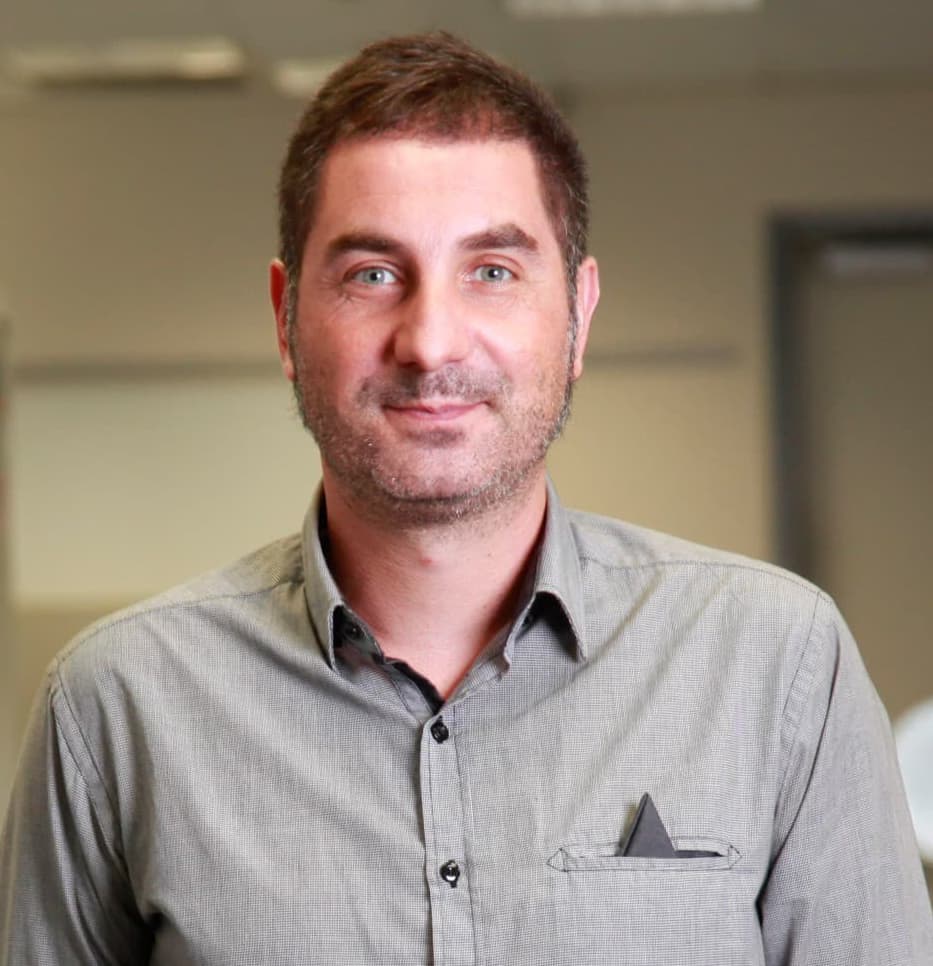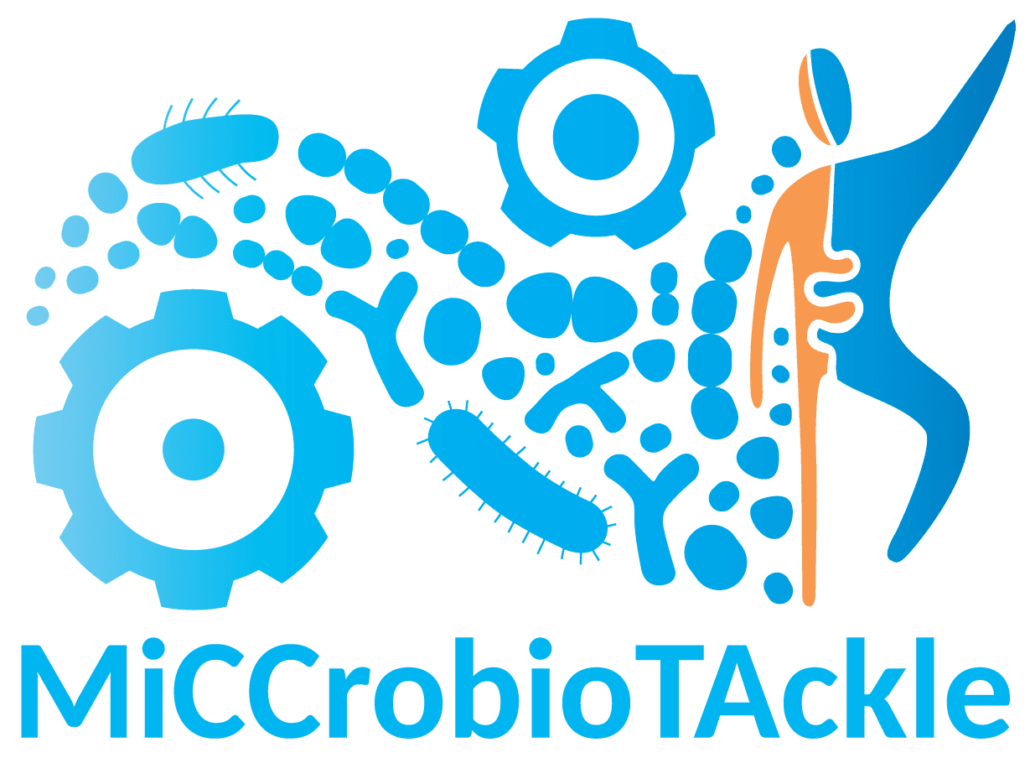New European research network to explore gut microbiome’s role in tumour cachexia
The EU-funded ‘MiCCrobioTAckle’ project brings together 24 partners from 12 countries to investigate the complex interplay between intestinal microbiota and cancer-associated muscle wasting.

Professor Gianni Panagiotou, Chair of Excellence Microbiome Dynamics at the Friedrich Schiller University Jena
A groundbreaking research initiative, funded by the European Union, is set to study the intricate relationship between the gut microbiome and tumour cachexia, a debilitating syndrome that affects numerous cancer patients. The project, dubbed ‘MiCCrobioTAckle’, aims to shed light on the mechanisms underlying this condition and pave the way for novel therapeutic approaches.
Understanding tumour cachexia
Tumour cachexia is a severe complication observed in many cancer patients, characterised by significant muscle mass and body weight loss. This syndrome not only diminishes patients’ quality of life but also substantially reduces their life expectancy. Despite its prevalence and impact, the precise mechanisms driving cachexia remain largely elusive.
Recent evidence suggests that the intestinal microbiome – the vast community of microorganisms residing in the digestive tract – may play a pivotal role in the development and progression of cachexia. Researchers believe that alterations in the gut microbiota can trigger inflammatory responses, which in turn impair nutrient absorption and energy metabolism, ultimately promoting muscle loss.
The MiCCrobioTAckle initiative
With a substantial budget exceeding three million euros, the MiCCrobioTAckle project (full name: MiCCrobioTackle: Advancing Research at the Intersection Between Gut Microbiota and Cancer Cachexia to Train Europe’s Future Leaders in Microbiota Medicine) brings together a diverse consortium of 24 scientific and industrial partners from across Europe. This four-year endeavour aims to unravel the complex interactions between the gut microbiome and the human body, with the ultimate goal of identifying strategies to slow down muscle breakdown in cancer patients.
Professor Gianni Panagiotou, who holds the Chair of Excellence Microbiome Dynamics at the Friedrich Schiller University Jena and heads the department of the same name at the Leibniz Institute for Natural Product Research and Infection Biology – Hans Knöll Institute (Leibniz-HKI), is coordinating the research consortium. He emphasises the significance of this project: “‘MiCCrobioTAckle’ is an important step forward in microbiota medicine. Our project combines different expertise from Europe, the UK and the USA with the mission of thoroughly researching and treating metabolic diseases based on cancer cachexia.”
Training the next generation of microbiota medicine experts
A key component of the MiCCrobioTAckle project is its focus on developing the next generation of experts in microbiota medicine. Twelve doctoral researchers will collaborate across Europe, gaining invaluable insights into the relationship between the gut microbiome and tumour cachexia while receiving comprehensive training to become future leaders in both academia and industry.
Prof. Panagiotou explained: “At the Leibniz-HKI, we will therefore train three doctoral students to become experts in the human gut microbiome. They should later be able to look beyond their own horizons and always keep an eye on the big picture. This is the only way to generate fresh ideas in science.”
Research focus and methodologies
The research conducted at Leibniz-HKI will primarily employ bioinformatic approaches to investigate tumour cachexia. The team plans to undertake three main projects:
- Analysing biological data from patients to develop machine learning algorithms for syndrome prediction.
- Creating computer-aided metabolic models, in collaboration with Danish partners, to design microbial communities in the intestine for potential cachexia therapies.
- Conducting a clinical study in lung cancer patients, in partnership with Hungarian researchers, to identify biomarkers that can help estimate the risk of cachexia.
Broader implications and future applications
While the primary focus of MiCCrobioTAckle is on tumour-associated cachexia, the researchers anticipate that their findings could have far-reaching implications. There is potential for the knowledge gained through this project to be applied to other metabolic diseases, such as diabetes and obesity, in the future.
The project is also set to enhance the “Balance of the Microverse” Cluster of Excellence at the University of Jena, which investigates the complex balance of microbial communities and their interactions with the environment. By adding a strong application-oriented, medical facet to this existing research cluster, MiCCrobioTAckle aims to bridge the gap between fundamental microbiome research and clinical applications.
Funding and support
MiCCrobioTAckle is funded as part of the prestigious “Marie Skłodowska-Curie Actions” (MSCA), the European Union’s flagship funding programme for the training of doctoral candidates and postdocs. This support underscores the project’s potential to make significant contributions to the field of microbiota medicine while nurturing the next generation of scientific leaders.


